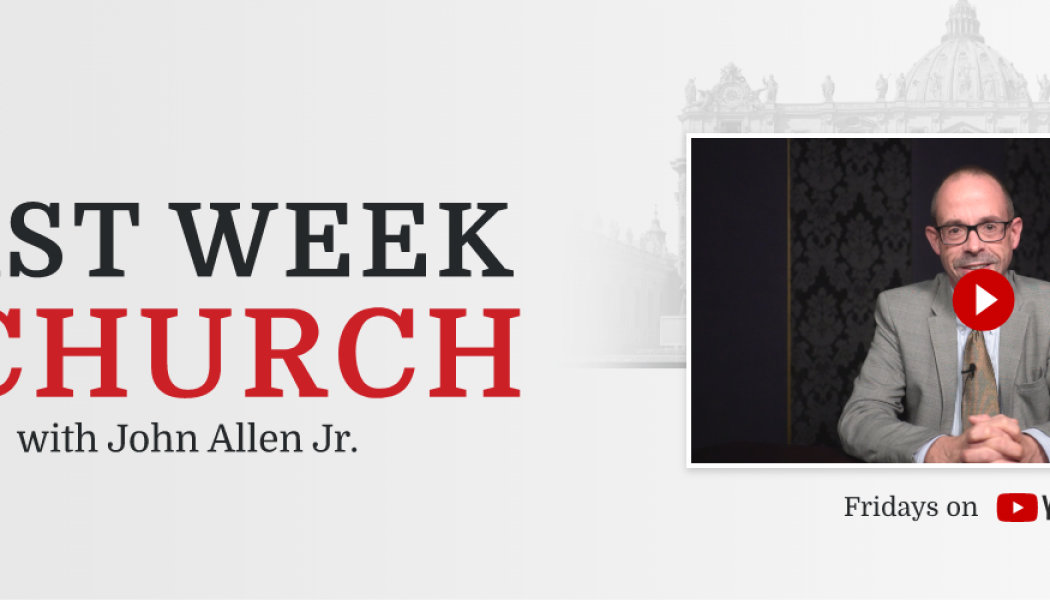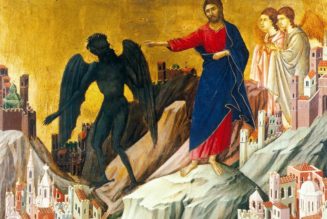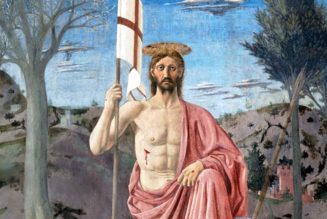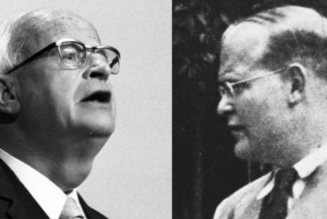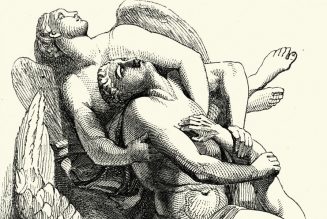Rome – Within the last few days, two completely separate lawsuits have been filed in two different countries that somehow involve the Vatican. In the United States, four alleged sex abuse victims of ex-cardinal and ex-priest Theodore McCarrick are suing the Vatican, while in Italy Cardinal Angelo Becciu has filed a $12 million defamation of character claim against a news magazine.
On the face of it, both actions are fairly straight-forward. The alleged victims want monetary compensation for their suffering, while Becciu wants to be paid for alleged injury to his reputation.
Yet in reality, each lawsuit, filed in completely secular courts, raises a classic ecclesiastical conundrum:
- Is a Catholic bishop an “employee” of the Vatican?
- Technicalities aside, do you actually have to be a cardinal to be elected pope?
Let’s begin with the McCarrick case. Filed in federal court in Newark, New Jersey, by renowned plaintiffs attorney Jeffrey Anderson, it rests on the claims of the four alleged victims – three who say McCarrick abused them as youths in the 1980s, and a priest who says he was abused in the 1990s and told to forget about it “for the good the Church.” The Vatican is on the hook for damages, according to Anderson’s filing, because he was its “employee.”
This is hardly the first time the Vatican has been named in a sex abuse lawsuit in American courts, but on all previous occasions those suits have been dismissed, sooner or later, because of the Vatican’s sovereign immunity.
One of the few exceptions to that immunity comes if a foreign government conducts business activity in the US through an employee or agent, and that employee commits a tort while acting in an official capacity. For example, in the late 1980s a federal court allowed the government of Nigeria to be sued under the tort exception for damages to an apartment officials had leased in San Francisco.
Previous Vatican lawsuits generally have tried to say that priests are Vatican employees, which is basically impossible to prove – there are more than 400,000 priests in the world and the Vatican obviously is not their supervisor, which is instead the local bishop or religious superior.
Only one lawsuit has involved a claim that a bishop was a Vatican employee, which was the 2004 O’Bryan v. Holy See case in Kentucky. There too, the lawyer filing the case asserted that bishops are Vatican employees, while the lawyer for the Vatican asserted that bishops are more akin to “independent contractors” or “franchisees.”
(Ironically, that lawyer was Jeffrey Lena, the same American attorney who was the lead author of the Vatican’s recent McCarrick report.)
The case was dropped six years later when the lawyer who filed it couldn’t find enough other victims to sustain a class action case, but not before Lena filed two lengthy memoranda from canonist Edward Peters of Sacred Heart Seminary in Detroit, forcefully defending the autonomy of the local bishop. To assert that bishops are no more than Vatican employees, Peters wrote, is “contrary to basic principles underlying the structure of the church.”
Among other things, Peters cited the fact that the Second Vatican Council (1962-65), in its document Lumen Gentium, explicitly taught that bishops are not “to be regarded as vicars of the Roman Pontiff.”
Yet in American civil law, the power to hire and fire is generally considered the litmus test of an employer/employee relationship, and of course, with respect to bishops, only the pope can do either. Because the case was abandoned it was never adjudicated, but the McCarrick lawsuit seems to put the same issue squarely in the dock.
As for Becciu, he’s the former papal chief of staff summarily shown the door in late September by Pope Francis, both as prefect of the Vatican’s department for saints and in terms of his rights as a cardinal, over allegations that he improperly funneled Vatican money to his relatives. Becciu has also been linked to a $450 million scandal involving the purchase of a former Harrod’s warehouse in London’s swanky Chelsea neighborhood, initially for conversion into luxury apartments.
Undoubtedly the Italian news outlet that’s been most aggressive in pursuing the Becciu story is L’Espresso, one of the country’s two most prominent weeklies. Becciu has now filed a $12 million lawsuit for defamation of character against the magazine, claiming that L’Espresso and Vatican prosecutors engaged in a coordinated smear campaign against him.
(Among other things, the lawsuit cites metadata from L’Espresso’s online coverage of his “resignation” to suggest the magazine knew about it before he did, meaning someone in the Vatican tipped them off.)
To justify a claim for compensation, the lawsuit had to explain what damage Becciu has suffered. In part, it claimed that by depriving Becciu of his rights as a cardinal, including the ability to participate in the next conclave, he lost his chance to become the next pope.
The thing is, technically that’s not true. Church law does not require that the next pope be a cardinal, only a baptized male. However, the last time a non-cardinal was elected pope was in the 14th century, and one could probably make the case that de facto, if not de jure, the red hat is a sine qua non.
Here too, in other words, a secular judge (or judges) may be asked to respond to a question that Catholic insiders themselves have been debating for centuries.
Whether we ever get to that point in either case remains to be seen, but in the meantime, one thing seems clear: Ph.Ds in ecclesiology may be poised for a mini-boom in legal consulting fees on both sides of the Atlantic.
Follow John Allen on Twitter at @JohnLAllenJr.
Join Our Telegram Group : Salvation & Prosperity
